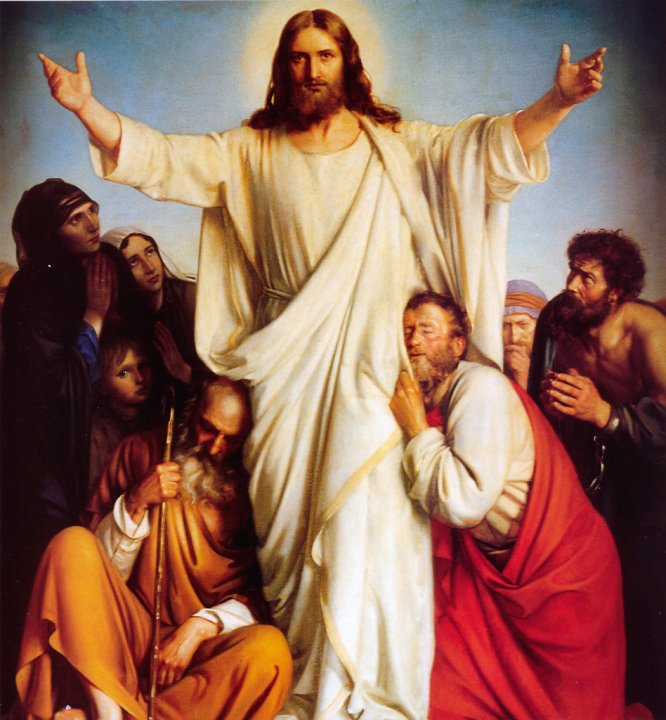23rd Sunday in Ordinary Time-C
I Reading: Wisdom 9:13-18: Who can divine the will of the Lord?
II Reading: Philemon 9-10.12-17: Have
him back, not as a slave any more, but as a dear brother.
Gospel: Luke 14:25-33: None of you can be my disciple unless he gives up all his
possessions.
The Cost or Conditions of Discipleship, Lk 14:25-35
Jesus
is not interested in cheap invitations and discipleship. The call to
discipleship is to receive the eternal benefits and advantages offered by God.
A person must pay the ultimate price to get salvation, all that one is and has
to follow Jesus Christ. What does it cost to follow Christ? Jesus explains
vividly:
The
cost or conditions of discipleship involves the supreme sacrifice: renunciation
(v.26), self-denial (v. 27), thoughtfulness-counting the cost (v.28-32) and
forsaking all-giving up everything (v.33-35).
There
are three other conditions for discipleship given by Christ elsewhere. 1) Love
to others-love one another (Jn 13:35;34)
2)
Steadfastness-hold my teaching (Jn 8:31)
3)
Fruitfulness-you bear much fruits as my Father’s glory to be my disciples (Jn
15:8).
This
is the all important subject of this passage.
1.
Huge crowds followed Jesus and he challenged them (v.25)
2.
A man must put Christ first: Before family and even before self
3.
A man must bear the cross of death: Death to self (v.27)
4.
A man must give thought to discipleship: Count the cost and the consequences
(v.28-33)
a.
Illust. 1: A builder-must count his resources
b.
Illust. 2: A king at war must count the consequences
c.
The point: A man must pay the ultimate price-give up everything
5.
A man must have the salt of discipleship: The Salt of self-denial (v.34-35)
a.
A half-hearted choice
1) is worthless
2) is to be cast out
b.
an invitation: hearing is a choice
Thought: A
half-hearted choice worthless and is to be cast out. Salt that is worthless and useless is always
thrown out, for it is good for nothing. A person must bear the cross of
death-to self (Lk 9:23; Mt 16:24).
We cannot
understand God’s plan unless He reveals to us. Only the Spirit can help us to
understand God’s plans of love for us; only He can give us the strength to
follow Christ.
